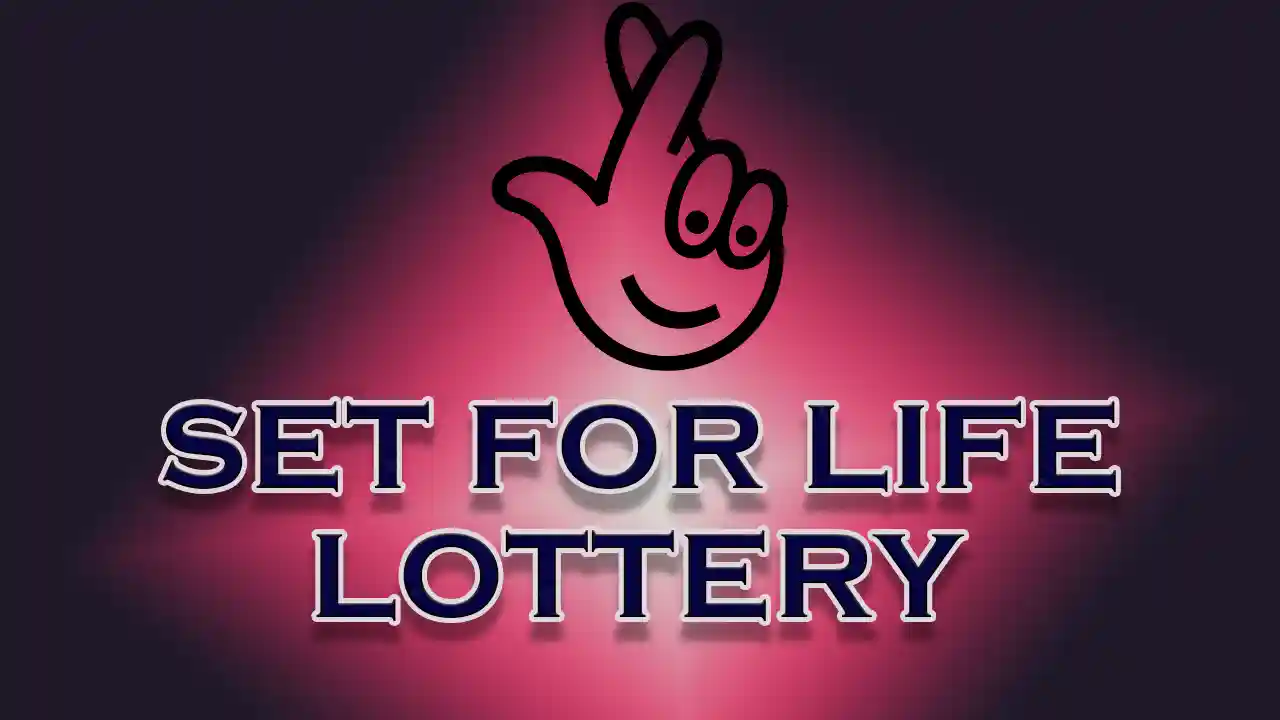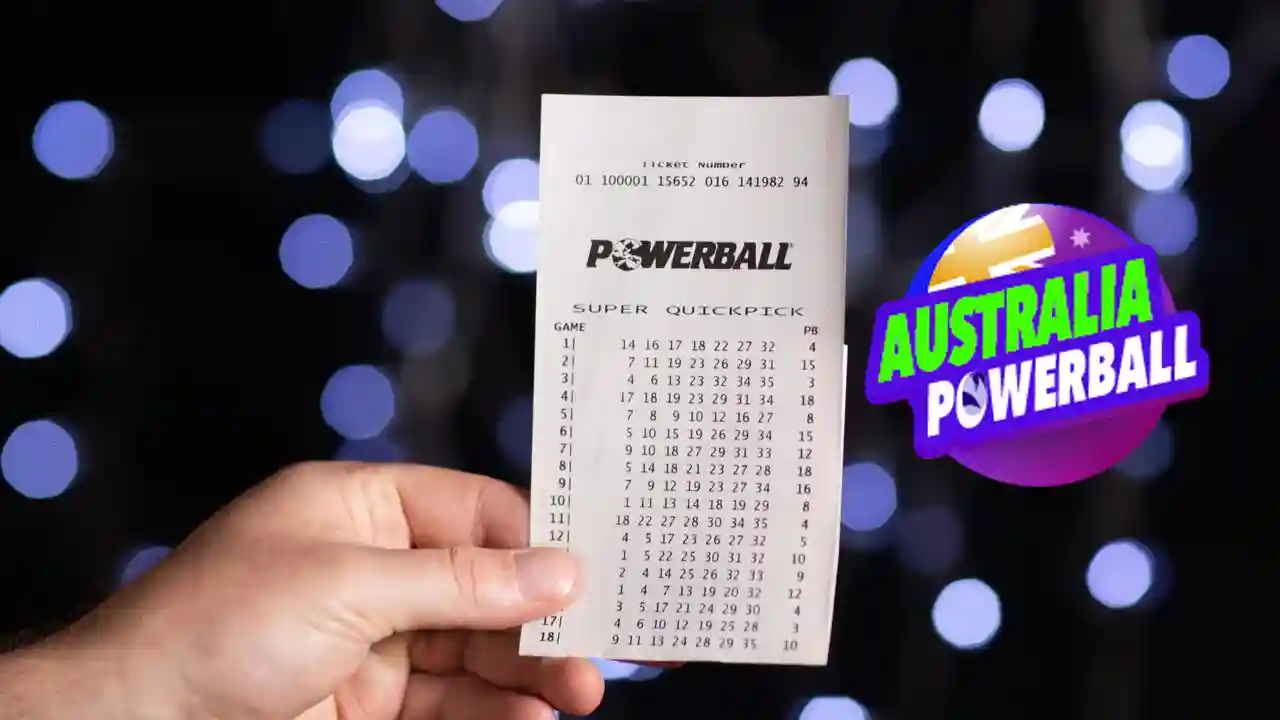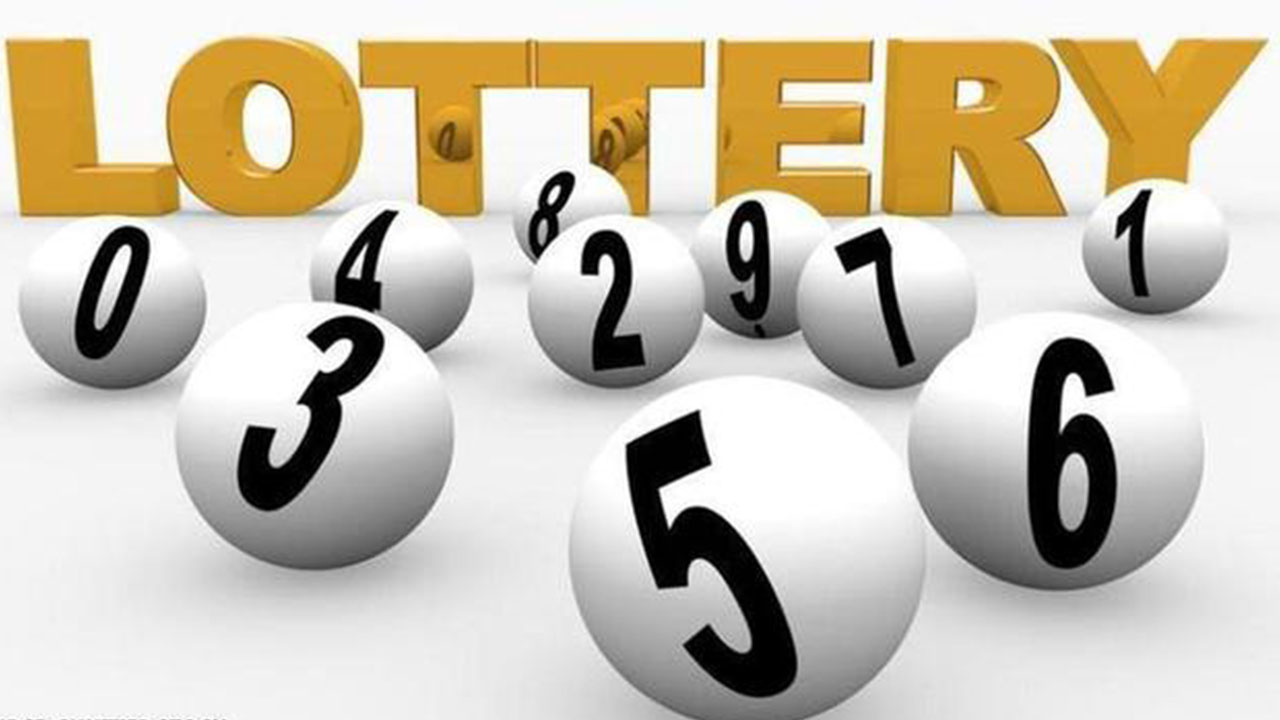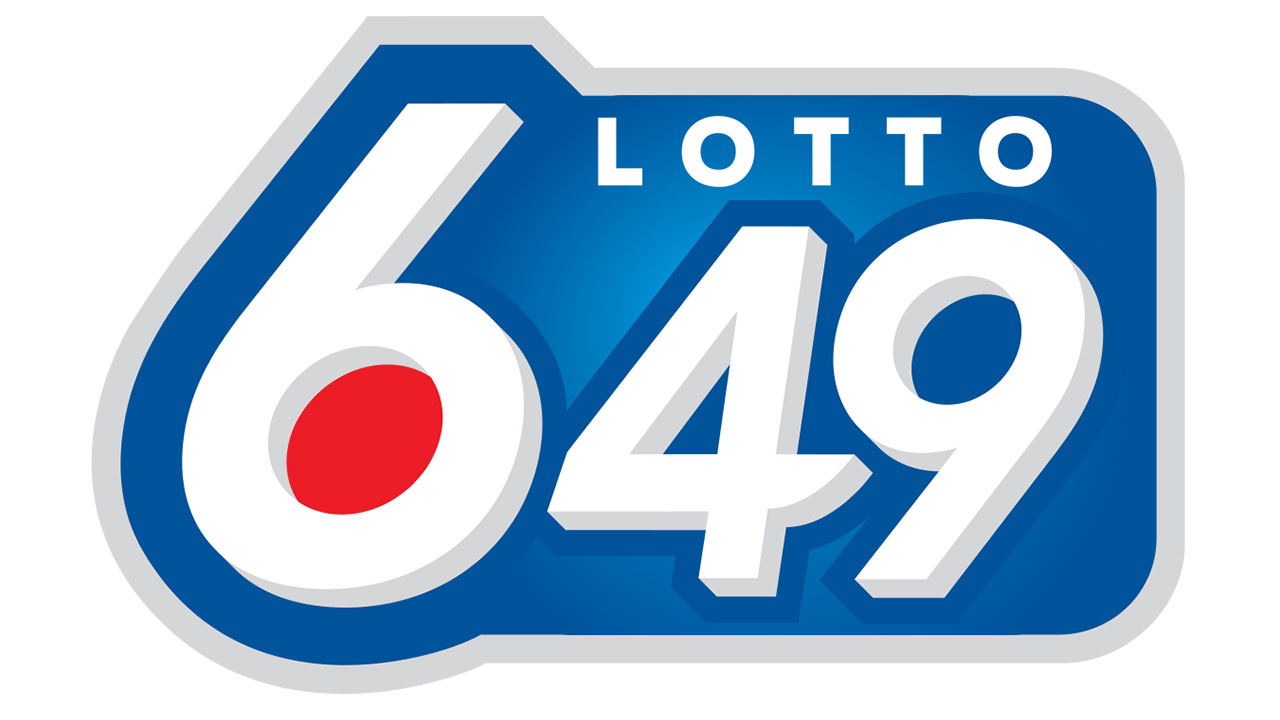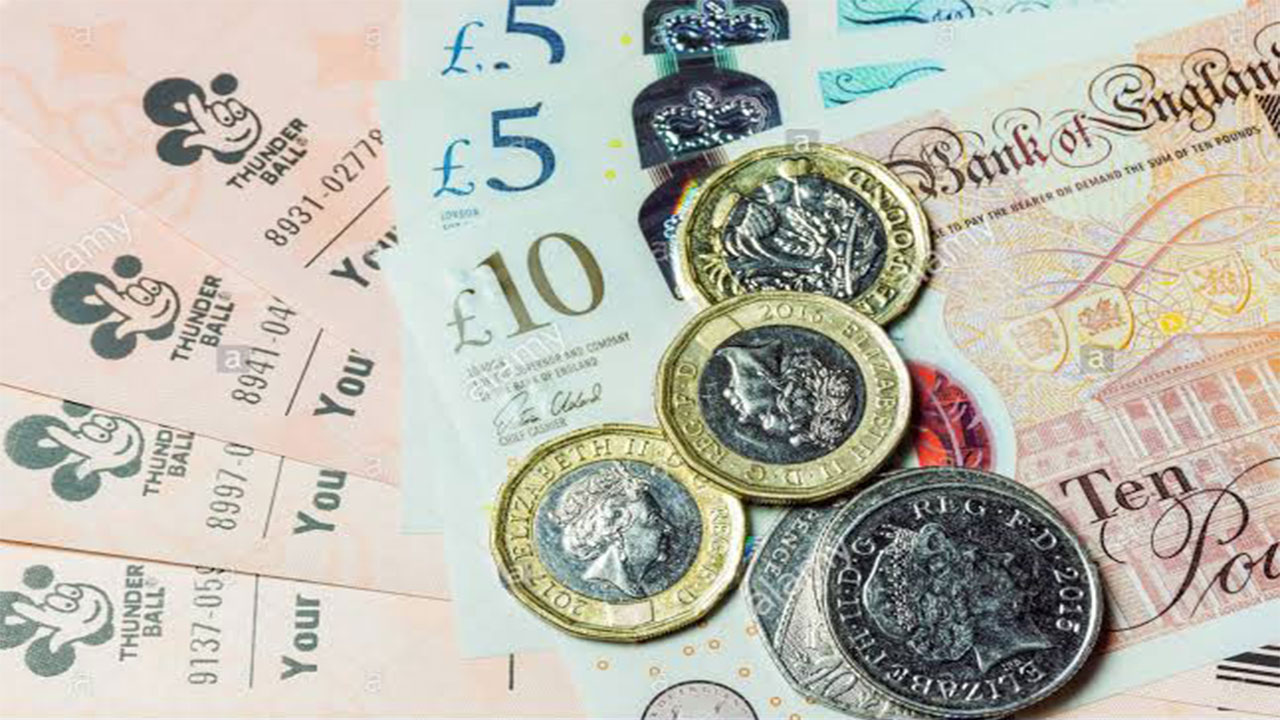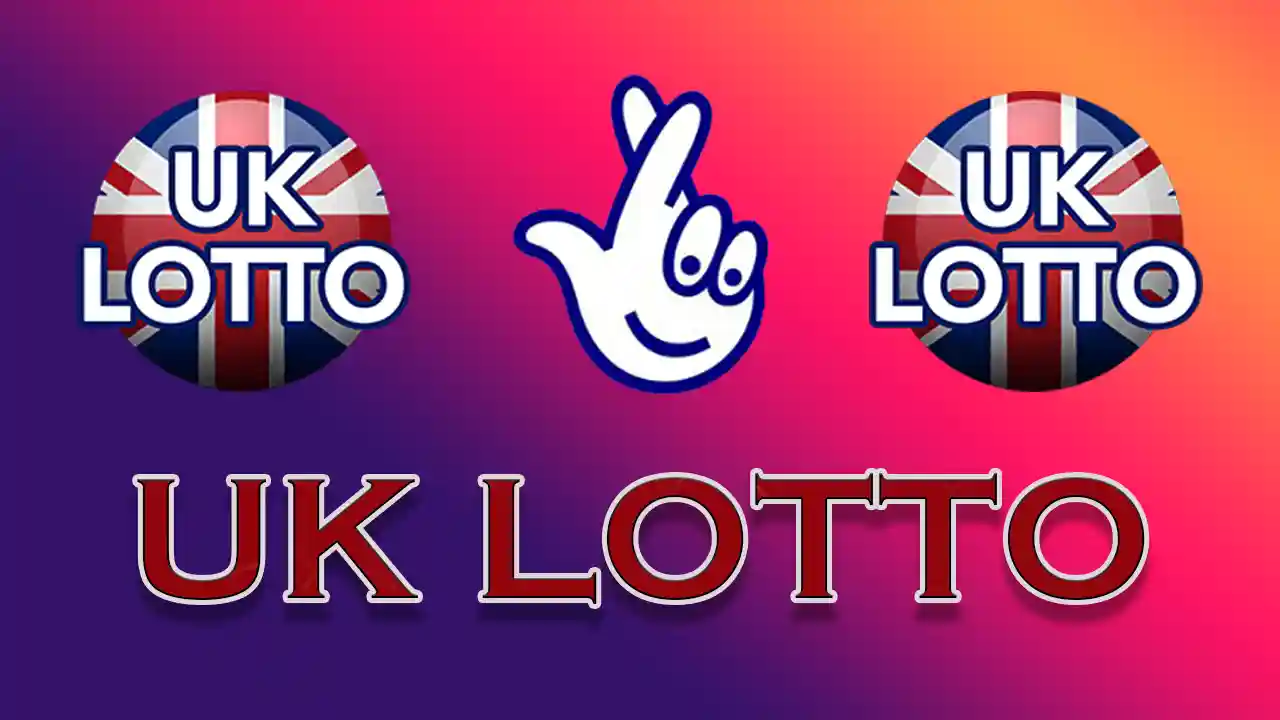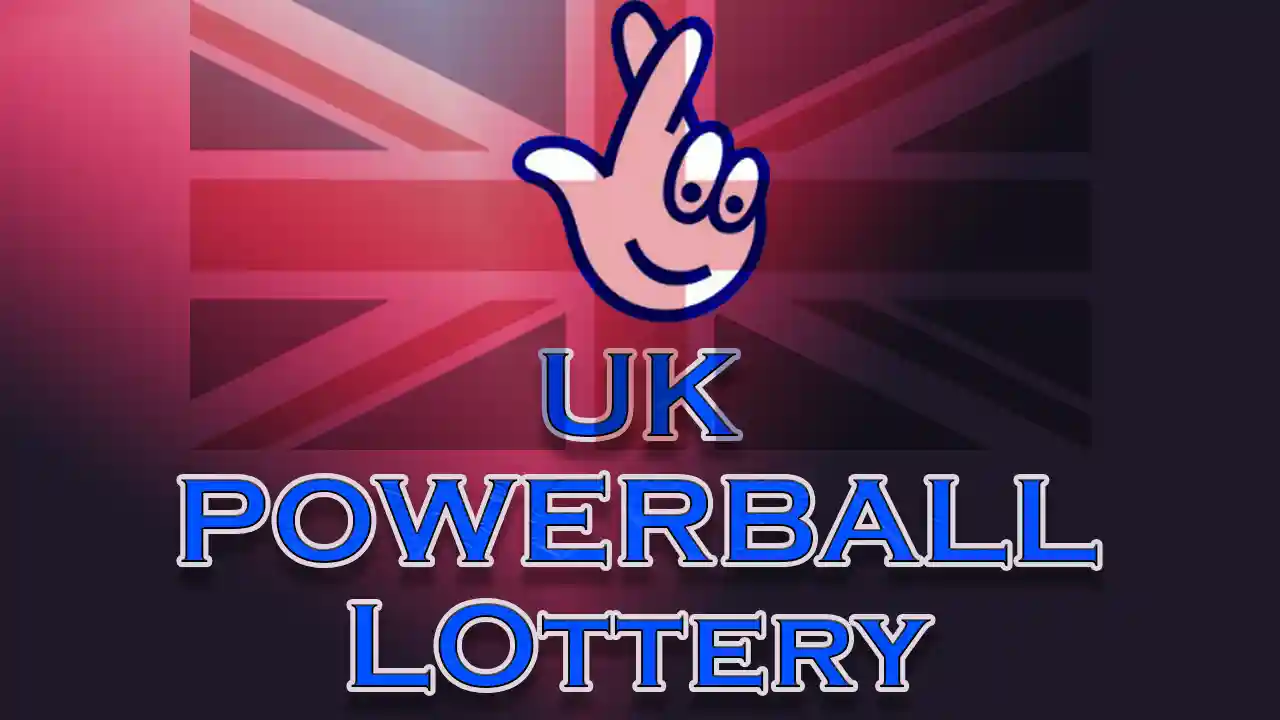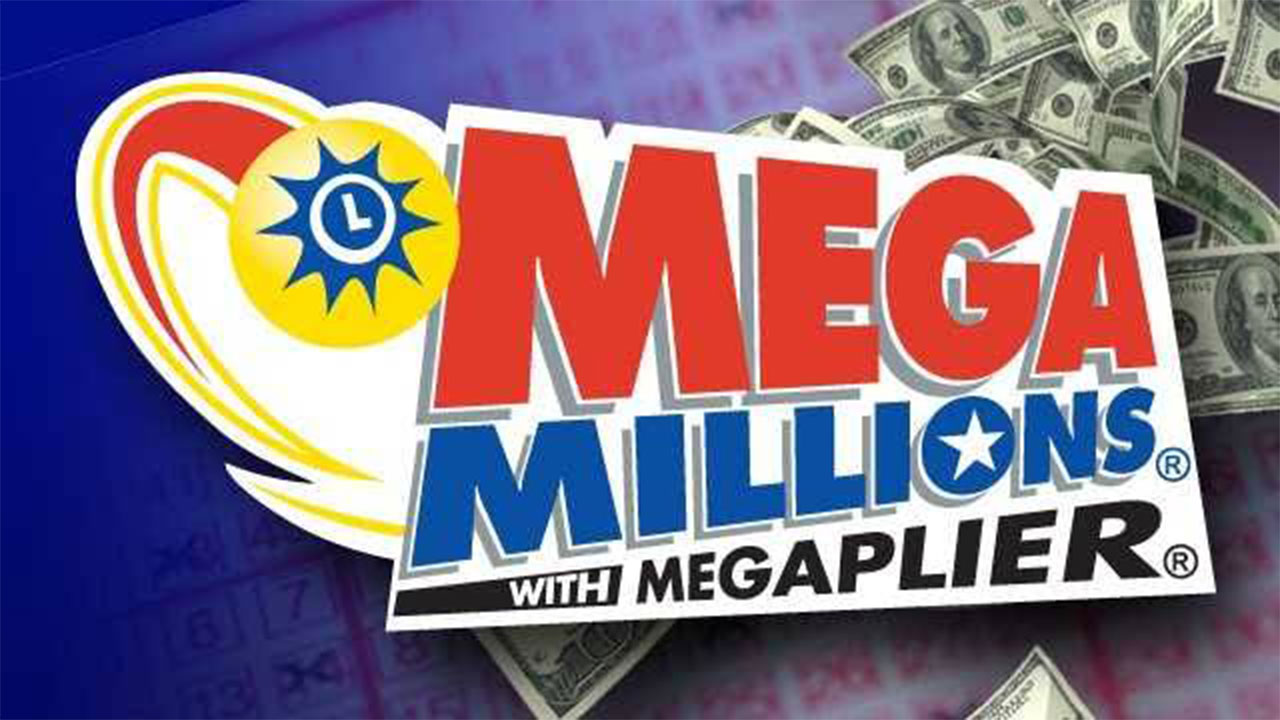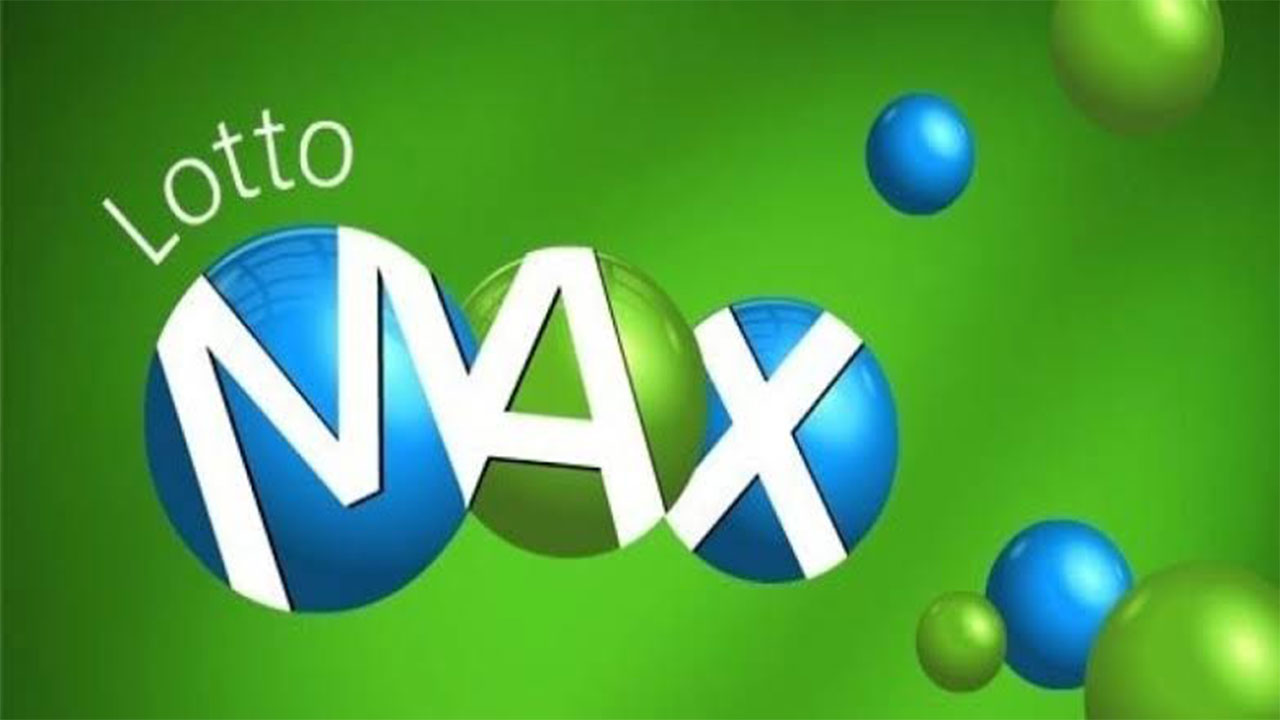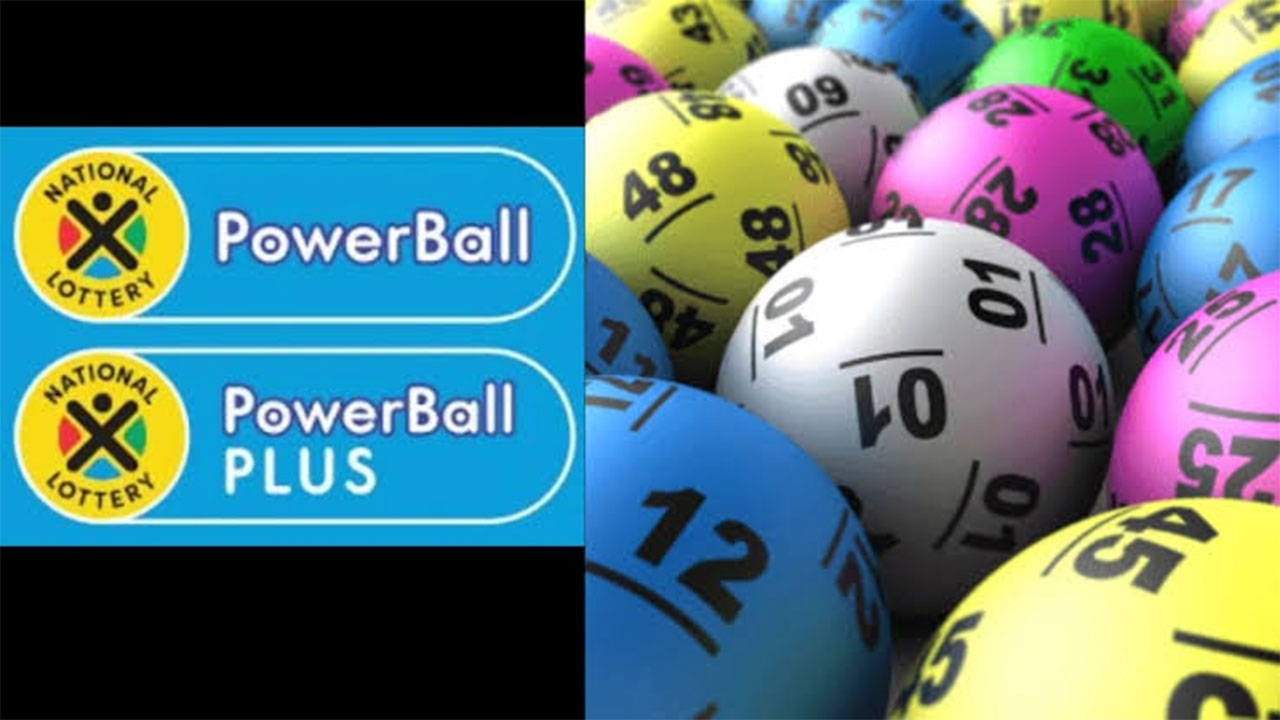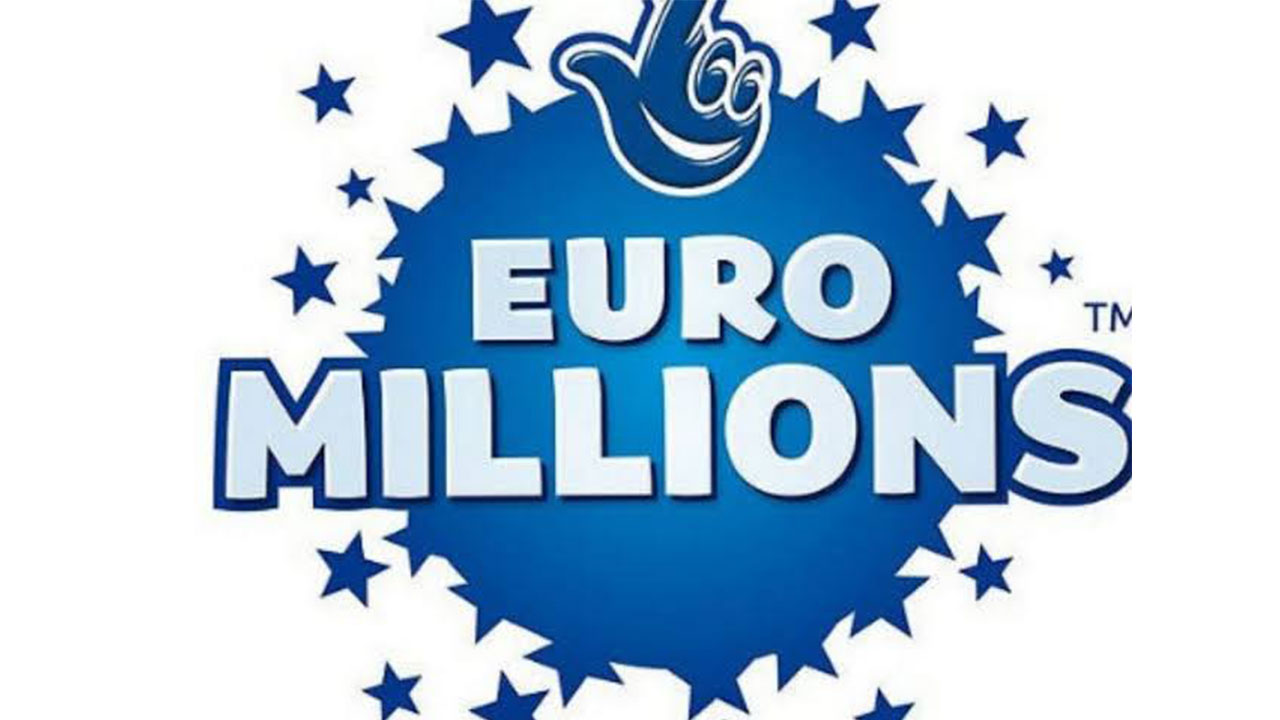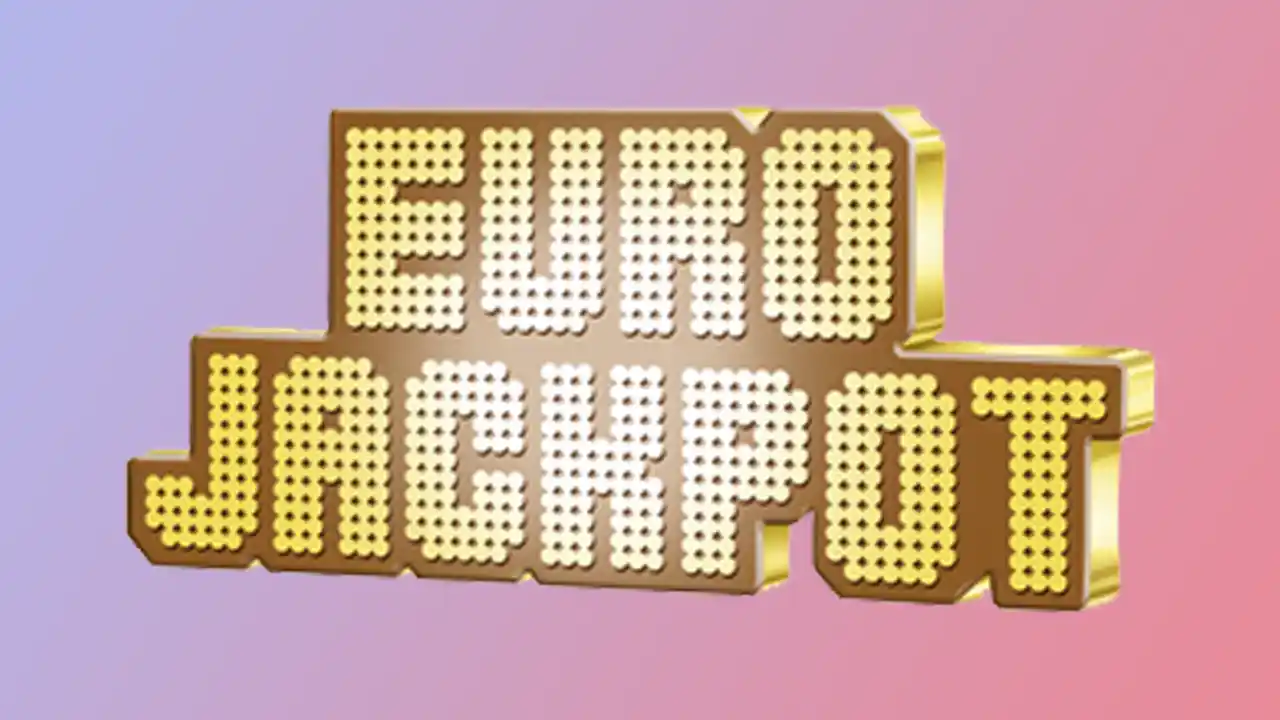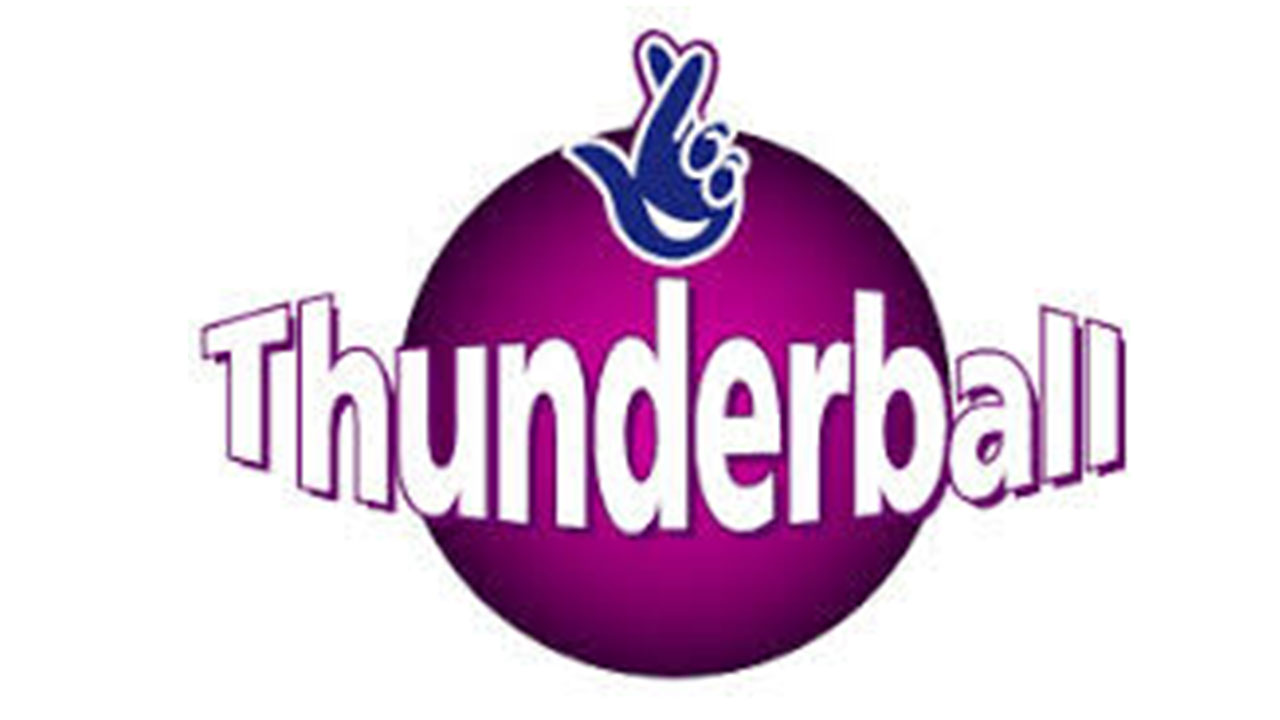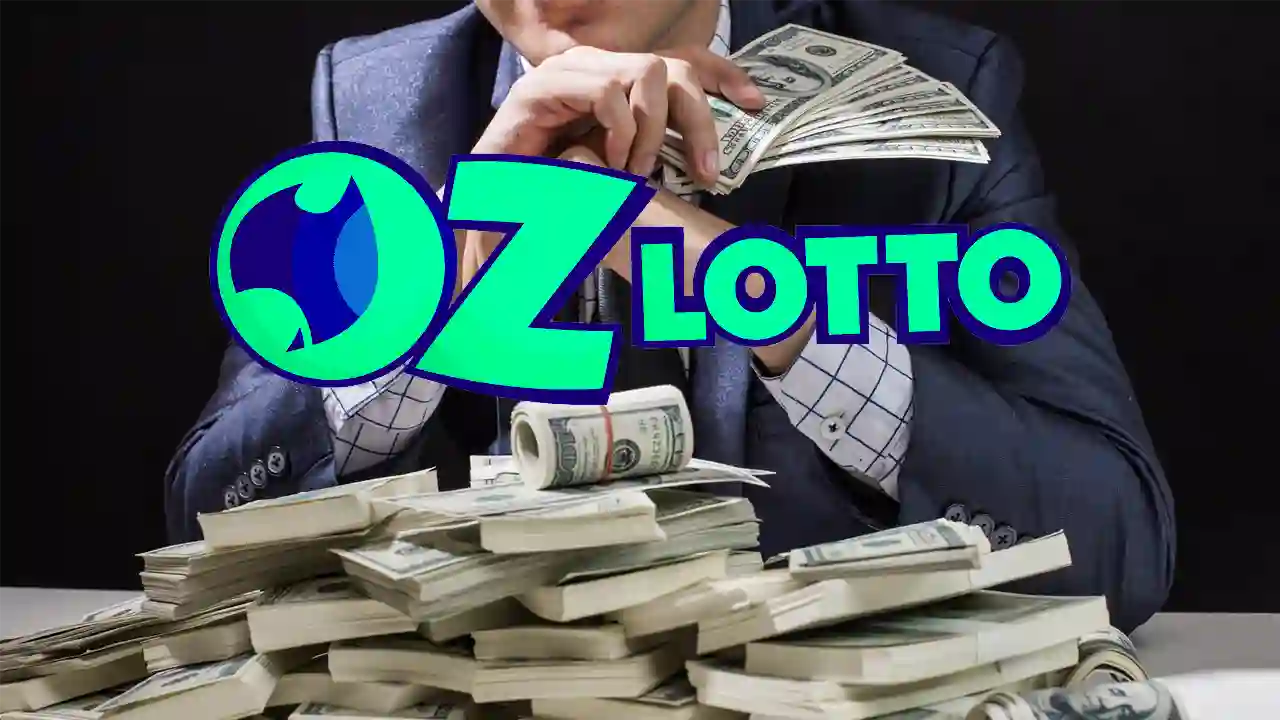Powerball Fever: Why Americans Can’t Resist Billion-Dollar Jackpots

The dream of turning just a couple of bucks into life-changing wealth keeps millions of Americans hooked on the lottery. Early September proved that once again, when frenzy around the Sept. 3 Powerball drawing nearly doubled ticket sales from the week before. Just three days later, two lucky players in Missouri and Texas split a jaw-dropping $1.8 billion jackpot — the second-largest prize in U.S. history.
Why the obsession?
-
It’s easy: No skill, no strategy, just $2 and a slip of paper with numbers.
-
The upside is massive: Unlike sports bets or casino games that may win you a few hundred bucks, Powerball dangles the possibility of billions.
-
It feels accessible: Everyone from college kids to retirees across all income levels line up when jackpots soar.
Victor Matheson, an economics professor, sums it up: “You hand over two bucks, get a ticket, and that’s all you need to know.”
Odds vs. reality
Of course, the reality check is harsh. The odds of hitting a Powerball jackpot are about 1 in 300 million. And those billion-dollar headlines? They’re not quite what they seem. Winners almost always take the lump sum, which slashes the $1.7 billion to closer to $900 million. Then, after taxes — and sometimes splitting with another winner — you might walk away with something closer to $300 million. Still life-changing, but not the full fantasy.
Why jackpots keep climbing
Multi-state lotteries like Powerball and Mega Millions have deliberately tweaked their rules over the past three decades to fuel bigger jackpots. Ticket prices went up, smaller prizes shifted down, and billion-dollar payouts became far more common. The bigger the pot, the more people play — and the cycle feeds itself.
The economy’s role
Interestingly, lottery sales often spike when times get tough. A study found that every 1% rise in unemployment correlated with nearly a 5% boost in ticket sales. At the peak of the pandemic, South Carolina saw sales jump 19% year over year. But during deep, prolonged recessions, that excitement fades, and tickets are one of the first “extras” people cut.
Big spending, slim chances
Americans shelled out over $103 billion on lottery tickets in 2023 — that’s an average of $321 per player. And yet, most know the odds are stacked against them. Still, the thrill of “what if” keeps the lines long whenever jackpots push into the stratosphere.
At the end of the day, it’s not really about the math. It’s about the hope that maybe — just maybe — that little piece of paper is your ticket to freedom.



